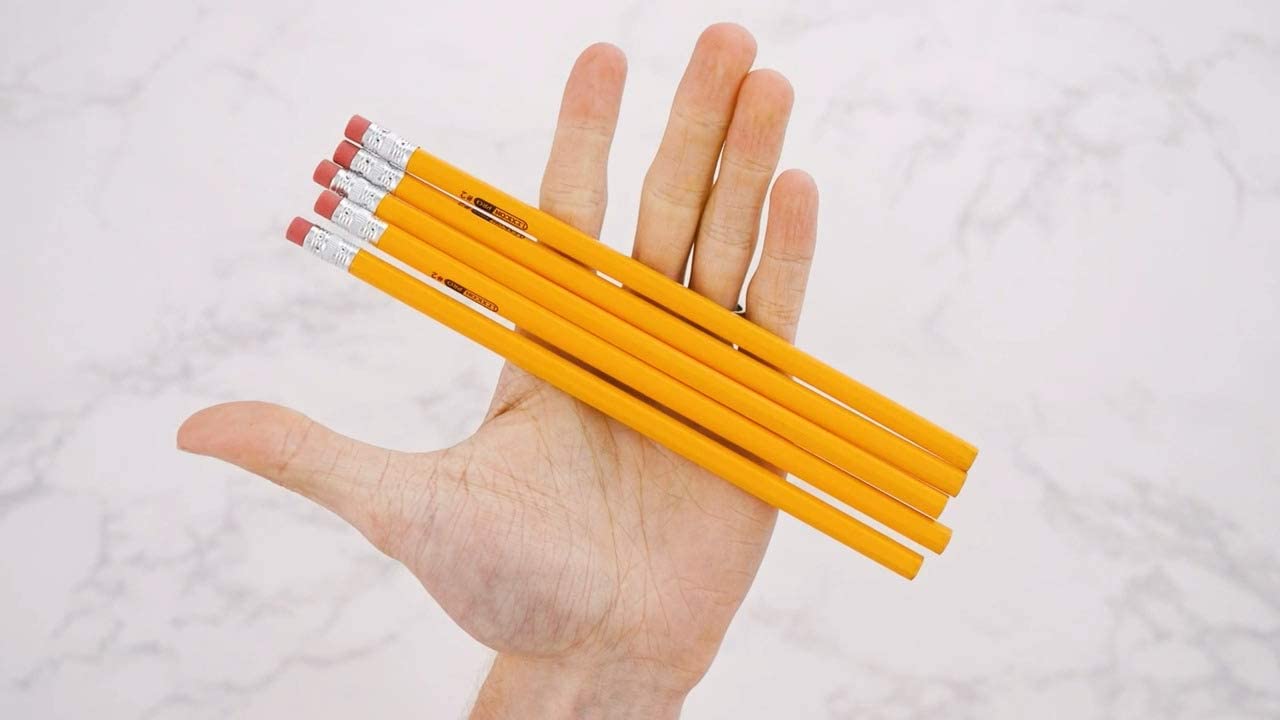Beneficient is a designer of technology products. He has a B.S. in electrical engineering and an M.S. in computer science from Stanford University, and he has worked at several startups, including Google and Facebook. He is the co-founder of Conversion.ai, Proof, and Apptopia.

Businesses and schools alongside organizations need to make careful choices regarding their large-scale writing pencil selection. The selection of durable high-quality pencils for any purpose including office supplies and education and creativity work provides long-term reliability and value. The wide selection of options makes the decision process easier when you understand what to consider for better outcomes. The following guide explains crucial elements for pencils bulk selection to match professional and institutional requirements.
Understanding Bulk Pencils Quality
Quality must be the main consideration when buying pencils in large quantities. Soft leads create dark lines but fade quickly, whereas hard leads maintain their strength longer yet need stronger pressure for writing. It is crucial to achieve an equilibrium between these characteristics. The durability of a pencil depends heavily on its outer structure. Wooden pencils need to use cedar wood as their material because it provides smooth sharpening and prevents wood splintering. Materials become wasted when low-cost woods break during use or when the sharpening process results in uneven edges. The body of mechanical pencils should be constructed from sturdy plastic or metal materials to provide durability along with comfortable grip capabilities.
Choosing the Right Bulk Pencils for Different Needs
The need for pencils depends on the specific environment where they will be used. Standard HB pencils serve offices and schools because they provide an ideal combination of dark writing with firm lead. Artists and designers choose softer graphite options because they need them for shading and sketching purposes. Students taking standardized tests or professional writers need consistent lead quality in their pencils, which should be paired with an eraser that keeps writing clean without residue. Erasers are another important factor. A superior eraser must eliminate marks from the paper surface while preserving its integrity. The pencil design includes built-in erasers in some cases, but separate erasers provide better performance in other models. Before placing pencils bulk orders, it is essential to test eraser performance on a sample to detect potential quality issues. The pencil’s form also requires attention during selection. The standard round pencil design is common, but hexagonal shapes provide better writing control and prevent accidental desk movements. Some brands create their pencils with triangular shapes to help users maintain comfort when writing for extended periods.
Bulk Pencils: Cost, Sustainability, and Key Considerations
Purchasing pencils in large quantities results in cost savings, yet customers should consider both price and pencil quality. Poor-quality pencils with inconsistent lead, weak casings, and poor erasers will increase replacement costs. Selecting dependable pencil brands supported by excellent consumer reviews leads to continuous satisfaction with products. The importance of sustainability has risen to become a crucial consideration when people make their buying choices. Hiring a reliable supplier for bulk orders guarantees that customers receive uniform product quality in every delivery. Before executing a major purchase, businesses should obtain samples to avoid receiving inferior products. Customers who want assurance about their investment should check all delivery times and return policies to feel reassured.
Conclusion
To purchase pencils bulk that last, you need to focus on material quality, lead quality, comfort, and cost. Businesses and educational institutions, along with organizations, can achieve better writing experiences and long-term financial savings through informed decision-making about these factors. The combination of dependable suppliers with sustainable practices creates additional value in bulk pencil acquisitions, which fulfill both functional requirements and moral standards.
